
Philosophy Born of Struggle experienced its nativity during a pivotal moment in time after the ending of the Vietnam Era coupled with the Black Power movement smoldering in ashes. While at the same time, the Reagan Era’s war on drugs and the accompanying trickle down economic policy contributed to the demise of the slender gains received during the Warren Era Supreme Court. Over two thousand miles away, South Africa’s Black communities were being tormented by the vestiges of apartheid. Many so-called mainstream philosophers saw these struggles as beyond the scope of philosophy. In this current moment, at the dawning of the twenty-first century, many philosophers, not just those in the majority, proceed as if frozen in the era of the Civil Rights Movement, offering only critiques of race driven discrimination, while elite backed political movements are impoverishing the working class into a permanent anti-personnel jobless abyss. What questions must be asked by those born of the fire of contemporary struggles? It is my intent to insure the continuation of this intellectual community so that these questions may be asked.
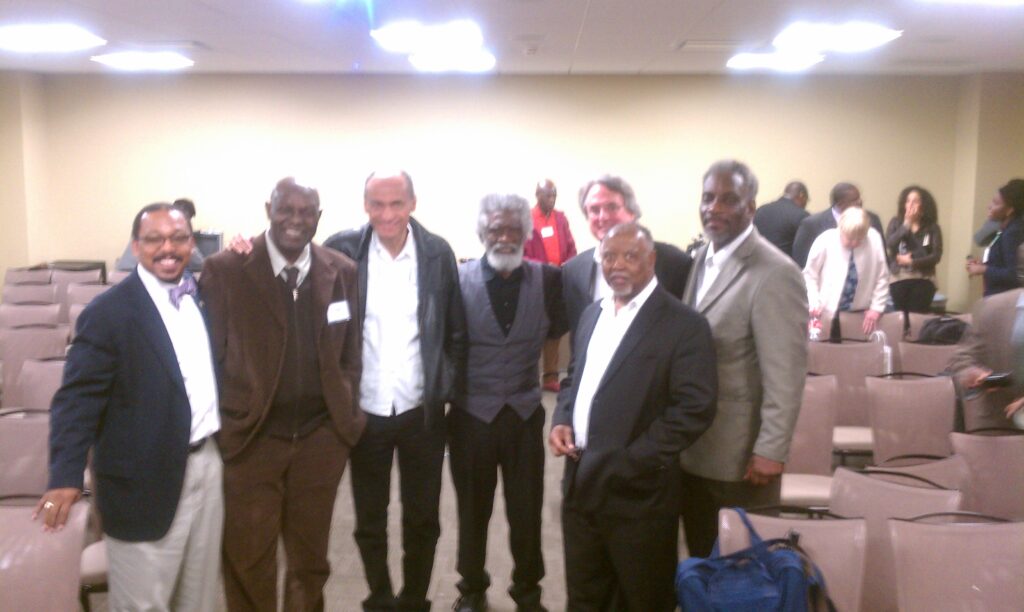
Books by Members
Leonard Harris
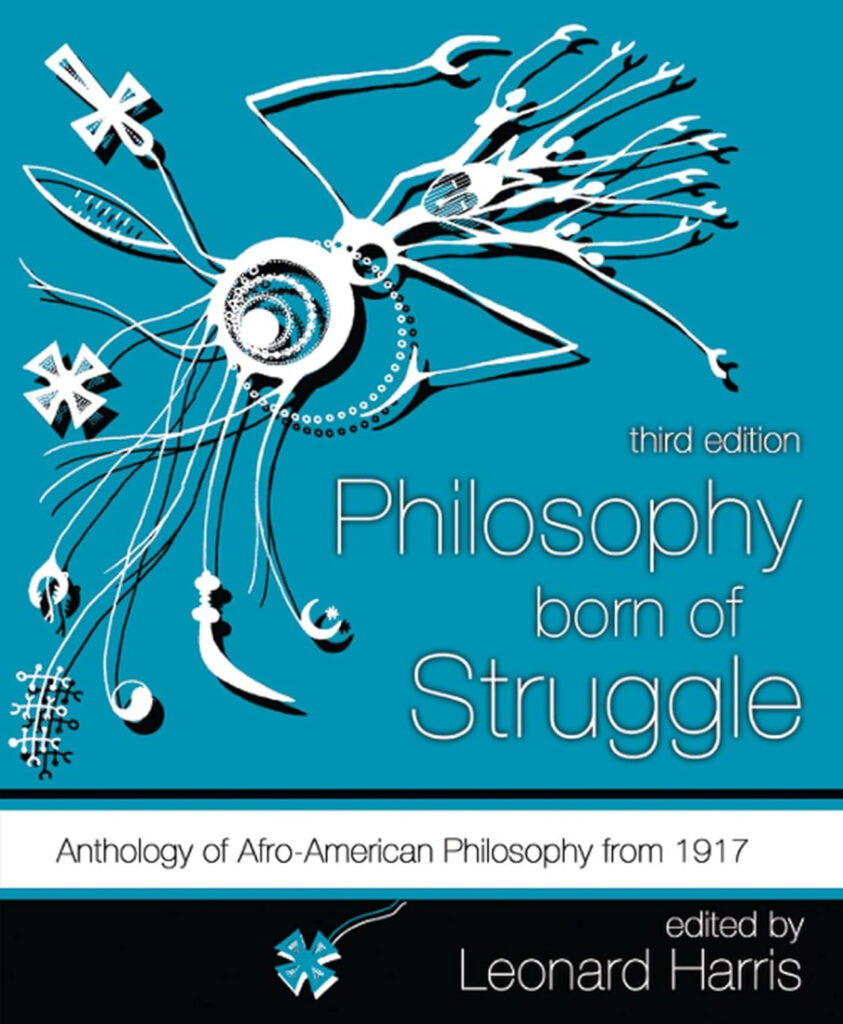
Philosophy Born of Struggle – Afro-American Philosophy from 1917, Third Edition, features philosophic foundations. Voices that express competing ideas about the nature of religion, social activism, humanism, culture, race, identity, dignity and values. Thus, the sections’ Meta- philosophy, Political Theology and Moral Suasion, Political Theology and Critical Humanism, Ontology (Existentialism, Contract Theory, Feminism), Normativity Forging Identity, Renunciations, Dignity and Transvaluation feature chapters that use an authors’ philosophic foundation to address a particular issue. The resistance tradition remains the tradition that the anthology promotes.
Tommy J. Curry
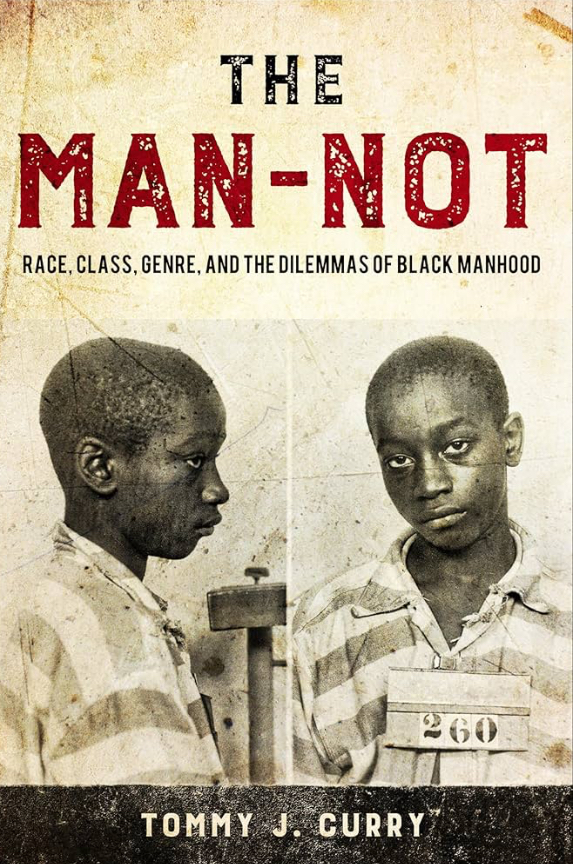
The Man-Not is a justification for Black Male Studies. He posits that we should conceptualize the Black male as a victim, oppressed by his sex. The Man-Not, therefore,is a corrective of sorts, offering a concept of Black males that could challenge the existing accounts of Black men and boys desiring the power of white men who oppress them that has been proliferated throughout academic research across disciplines.
Dwayne Tunstall
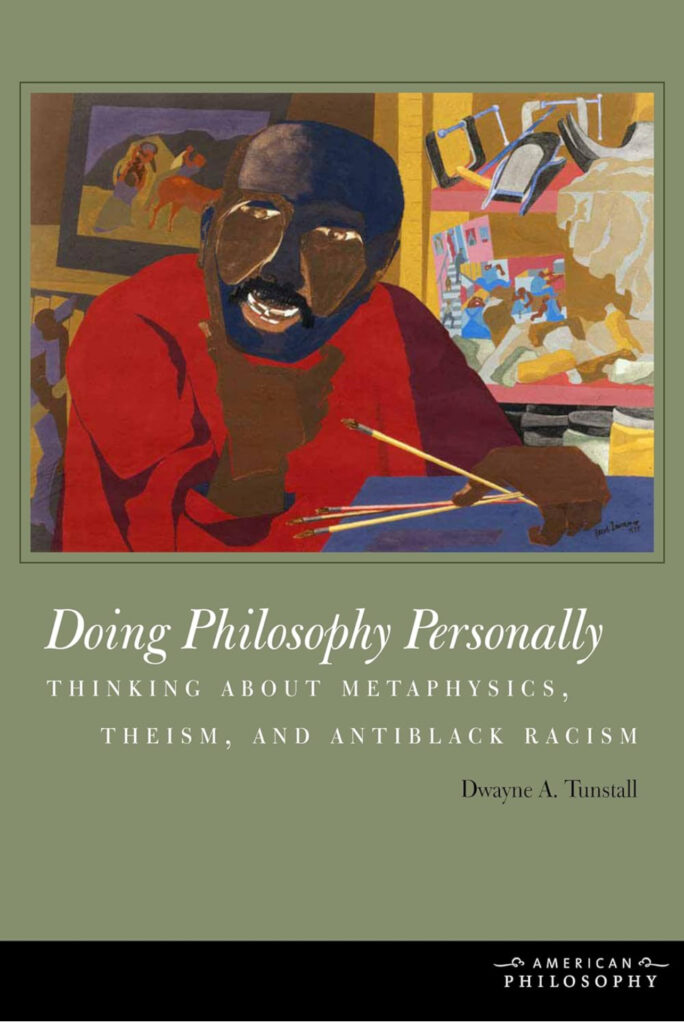
Gabriel Marcel’s reflective method is animated by his extraphilosophical commitment to battle the ever-present threat of dehumanization in late Western modernity. Unfortunately, Marcel neglected to examine what is perhaps the most prevalent threat of dehumanization in Western modernity: antiblack racism. Without such an account, Marcel’s reflective method is weakened because it cannot live up to its extraphilosophical commitment. Tunstall remedies this shortcoming in his eloquent new volume.
Anthony Sean Neal
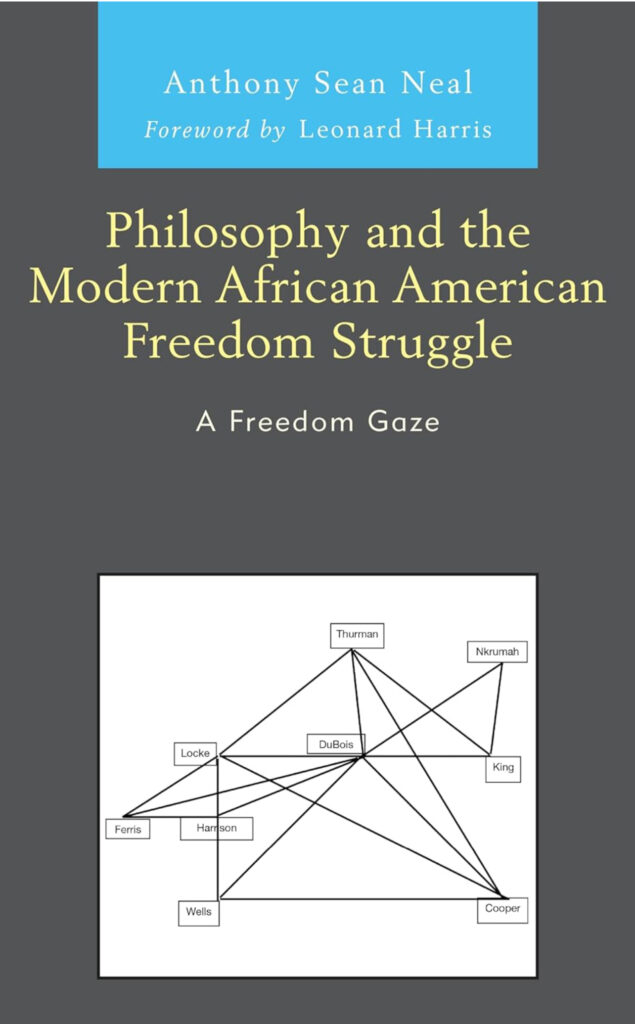
Philosophy and the Modern African American Freedom Struggle: A Freedom Gaze describes the ideas that defined the movement and struggle to be free by Black people in the United States during their Modern Era. Using a historical perspective, this work engages the question of how the historical experience of oppression and the denial of humanity created space for the development of a certain consciousness. The existence and demonstration of agency within the ideas of the African diaspora and the creation of an intentional community with the aim of defining and attaining freedom are dissected in order to understand the Black community as a whole during the modern era. This book was nominated for the 2023 Mississippi Institute of Arts and Letters Award in nonfiction.
Rozena Maart
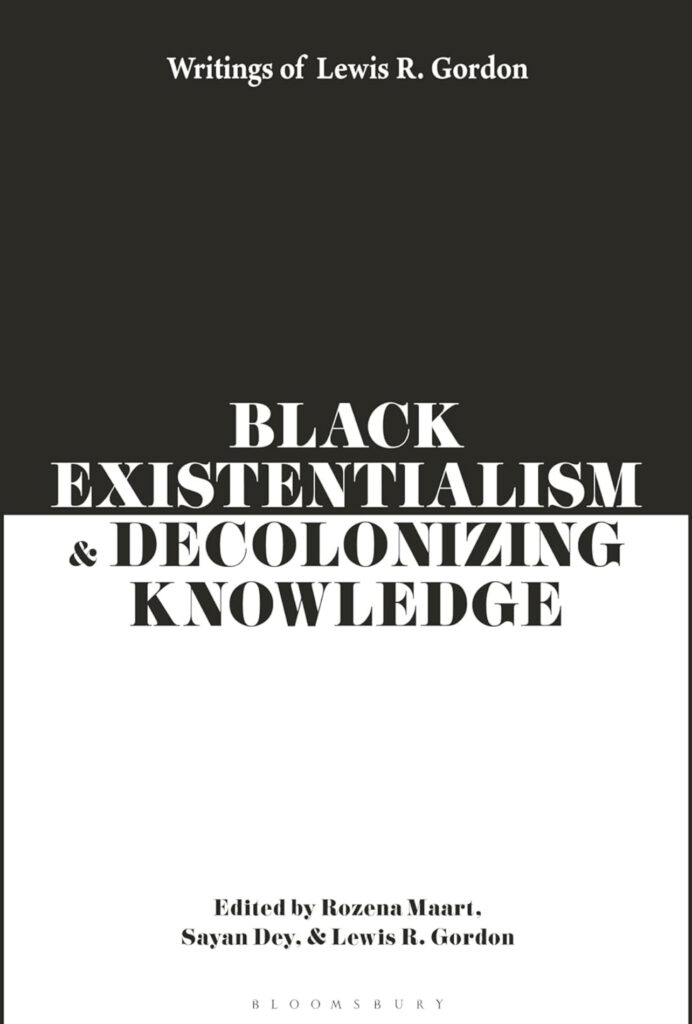
Black Existentialism and Decolonizing Knowledge collects key philosophical writings of Lewis R. Gordon, a globally renowned scholar whose writings cover liberation struggles across the globe and make field-defining contributions to the philosophy of existence, philosophy of race, Africana philosophy, philosophy of human sciences, aesthetics, and decolonization.